Research software engineering support in Geography
March 23, 2017
The Digital Research team are working with the School of Geography to trial a new Research Software Engineering (RSE) service. Our RSE has been across a range of different research projects including: Forest Demography Doreen Boyd, Associate Professor and Reader in Earth Observation, and her team are using a series of rainforest based LiDaR data …
Computational Geography: Digital Research Case Study 1 2017
The School of Geography has several researchers who require large amounts of computational power to analyse their research data. The digital research team are trialing a new Research Software Engineering (RSE) service which will offer support and consultancy in the use of high performance computing. The RSEs will help researchers to gain access to different …
Why subject-specific research data repositories are important and challenging
March 21, 2017
Continuing innovation in scientific instrument design is driving the production of ever-larger volumes of digital research data, and allowing new research questions to be addressed. Instruments that can produce 100 gigabytes per day are becoming more common, and the PromethION genetic sequencer is an extreme example of an instrument which can produce 4 terabytes per hour at maximum …
COMPARE – an overview
March 20, 2017
The Centre for Membrane Proteins and Receptors (COMPARE) is a Signature Research Centre, jointly funded by the Universities of Nottingham and Birmingham. COMPARE is built around optical imaging as a research method, and seeks to link together pools of microscopes at the two institutions so as to enhance research output. Ultimately, a University of Nottingham researcher …
Digital Engagement (6): Envisioning the Future
March 17, 2017
As researchers it can be all too easy to forget how difficult research can be for members of the public to understand and apply. Often researchers have a clear vision of what the future of their discipline might look like, but it can be so far at the cutting edge that it has no point of …
Digital Research: Case Studies Blog Series
March 15, 2017
The Digital Research Environment Strategy Group has been reflecting on whether the University of Nottingham’s Digital Research Environment provides the level of support needed to match the ambition of our research strategy. By providing a leading Digital Research Environment we aim to make Nottingham a destination for forward thinking researchers who are enabled to answer …
A security plan for the US National Institutes of Health
March 13, 2017
I’ve been supporting research colleagues who are applying for permissions to access to data held by the US National Institutes of Health (NIH). This is data collected from patients, and relating to a serious medical condition, and hence considered very sensitive, even though anonymised at source. To obtain access permissions, we have created a plan …
Digital Engagement (5): The Crowd and their Knowledge
March 10, 2017
The Crowd encompasses a range of different people with a wealth of experience, and this pool of experts are an untapped source of knowledge. Digital platforms can give them a voice and opportunity to share their ideas and solutions to complex problems. In fact, even the opinions across the entire crowd can be captured with feedback and …
Digital technology to support men’s mental health
March 7, 2017
We’ve recently received this intriguing article from Sarah Brydges of the School of Pharmacy, and are keen to collect more examples of digital research projects, so please get in touch if you would like to share your work. Sarah’s blog I am a practicing pharmacist and part-time PhD student. My research is on men’s mental health, and …
Digital Engagement (4): The Crowd’s Resources
March 3, 2017
So far in this blog series we have explored the idea of using the crowd to analysis research data and also to provide their own data. For some types of research, the data the crowd provides may not be suitable or accurate enough e.g. a person’s description of a location (“Notts”) versus a GPS co-ordinate (52.9547832 …

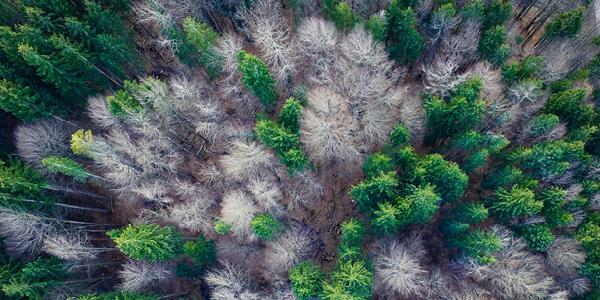




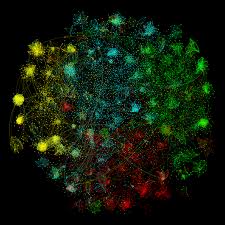
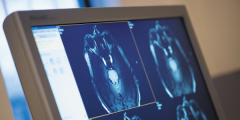


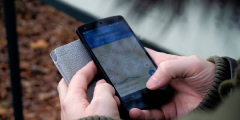
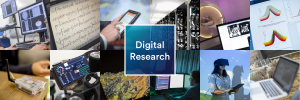
Recent Comments